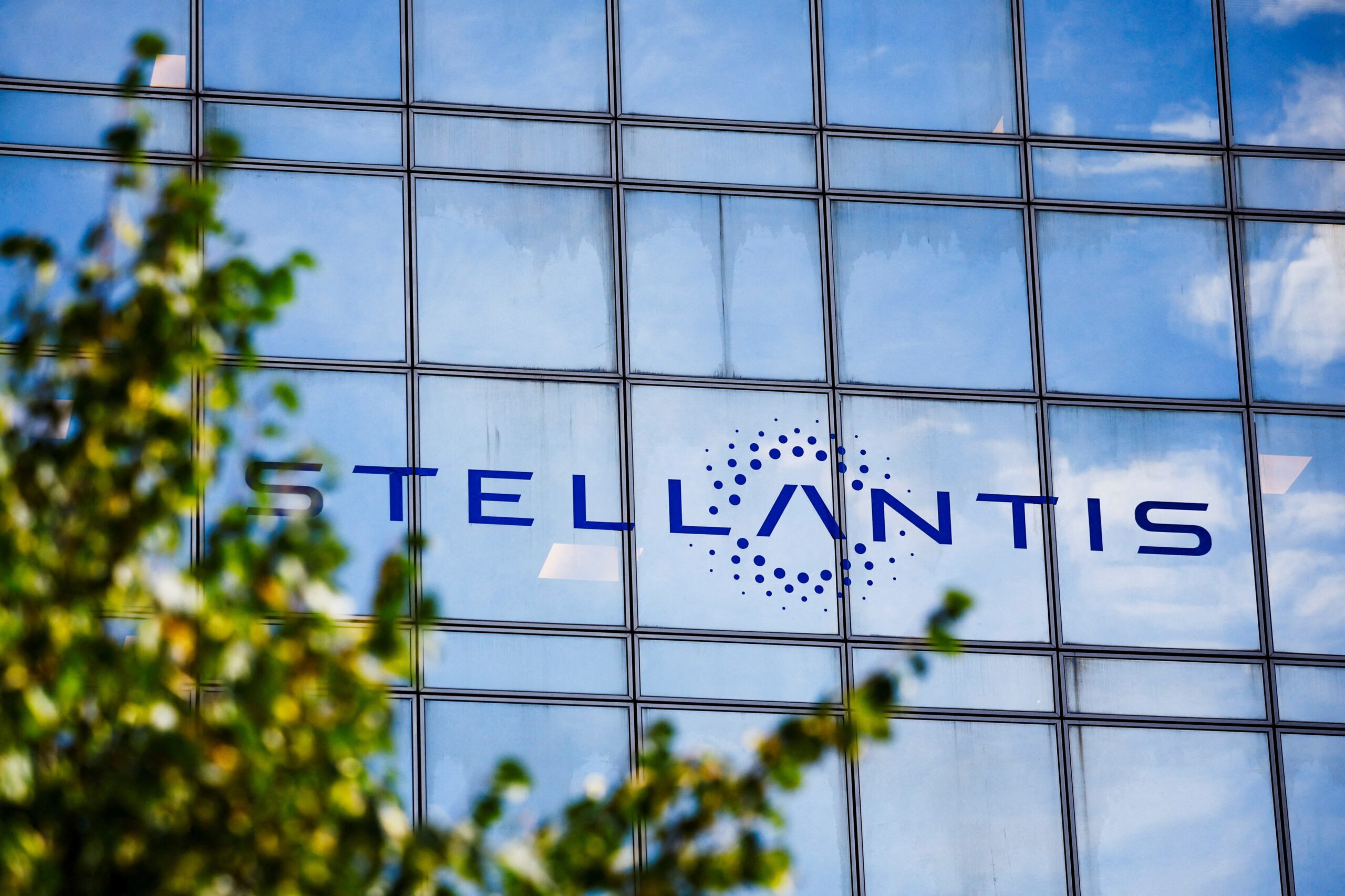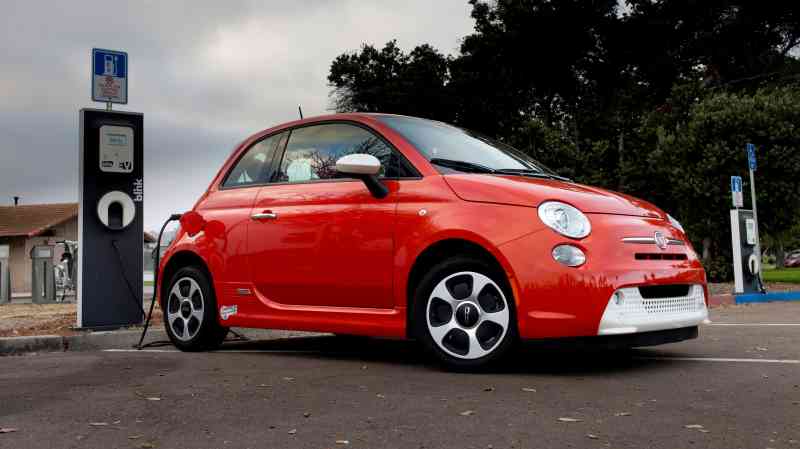Stellantis suspends production of electric Fiat 500 due to slow demand
Production of the electric version of the popular Fiat 500 runaround has been suspended because the vehicle does not have enough orders.
In the latest setback for the electric car revolution, Stellantis, the parent company of Fiat as well as of Vauxhall, Peugeot and Citroen, said it is halting assembly of the Fiat 500e at its Mirafiori complex in Turin.
• Electric car chiefs look to Labour for new sense of direction
The company said it is pausing production for a month because of poor sales and demand. The company said its decision was “linked to the deep difficulties experienced in the European electric vehicle market by all producers”.
Citing industry data, the Autocar website reported that there had been a 24 per cent decline in Fiat 500e sales in the year to date.
The Fiat 500 is the modern take on the famed original Cinquecento model which became an automotive icon — much like the first Minis — and made the name of the Fiat brand. The Fiat 500e had initially been a runaway success and just earlier this year the company was boasting that it was Europe’s favourite electric city runaround in its class.
However, electric car sales have stalled as a proportion of all new registrations across the Continent as governments withdraw incentives to make the zero-emission switch and wobble on when the ban of petrol cars will come in.
While the Fiat 500e, at a little over £20,000, is relatively cheap for an electric car it is still 50 per cent more expensive than its petrol equivalent.

The electric car market has taken a few knocks in recent days. Volkswagen is preparing to announce large redundancies because electric car demand is not as big as hoped. Volvo, a pioneer in the sector, has scrapped its plan to be an all-electric brand by 2030. Northvolt, Europe’s only gigafactory producer of batteries for electric cars, announced the mothballing and closure of some of its facilities.
The decision by Stellantis on the Fiat 500e also highlights the particular problems that the French multinational is having. Behind rivals in its zero-emission transition, Stellantis has been vocal most notably in Britain about government support and consumer demand — or lack of on both counts — for the electric revolution. Under the UK’s quota scheme it faces heavy fines if it does not either increase its delivery of electric vehicles or reduce its supply of petrol and diesel vehicles.
Other companies like BMW and Mercedes-Benz have had no such problems, plugged as they are into the demand for electric vehicles in the company car sector. The two German manufacturers are, for instance, supplying up to 30 per cent of their vehicles to the UK in full-electric mode.




Post Comment